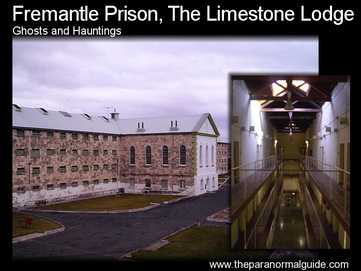History of the Limestone Lodge
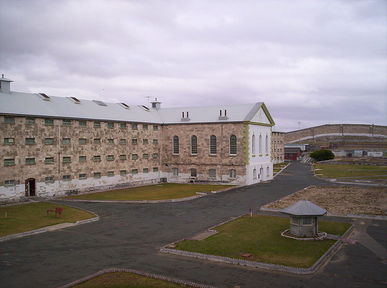
The area where Fremantle is situated was first colonised by the Swan River Colonists in 1829. These were ‘free settlers’, and in 1849 they petitioned the British government to have skilled convicts sent over as laborers. Soon thereafter seventy five prisoners arrived at the colony and were accommodated within the harbormasters warehouse until a permanent prison could be built. Between 1851 and 1859 the prison was constructed utilising the limestone from the nearby quarries. The first prisoners were moved to the still under construction gaol in 1855. Once construction had finished the ‘chain gangs’ were sent as labor for other public works, including the Fremantle Asylum. The prison was originally titled the ‘Convict Establishment’ but was also known colloquially as ‘the Limestone Lodge’
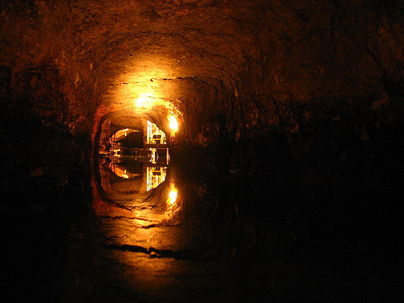
In 1867 Fremantle Prison received its long lived name. By this time, there were less than sixty convicts being held in the building, which was built to accommodate more than one thousand. As less convicts were being sent to Australia, numbers in the cell blocks declined, and in 1888 the final ship load of prisoners arrived. However, with the closing of the Perth Gaol and the gold rush of the 1890’s, Fremantle prison once again saw itself at full capacity. New areas were constructed and out dated buildings were converted for other uses, the bakery turned into accommodation for seventy women prisoners for example. An interesting fact is that when the prison was being constructed, large, deep shafts were sunk into the bedrock, so that water could be sourced from natural limestone aquifiers. This water was so clean and pure that soon the prisoners were sent to work manually pumping water for the surrounding colony. The want and need for this water was so great that over 1000 meters of horizontal tunnels were constructed under the prison, to allow better, more efficient access. Fremantle Prison was officially decommissioned in 1991, after 136 years of continual use. In earlier years, royal commissions suggested the prison for closure due to conditions within the prison, which had caused more than one riot.
Notorious Inmates

During its operating life, the prison executed 44 people, and has known some very notorious inmates, including, but not limited to: David John Birnie. David and his wife Catherine were a pair of serial killers who murdered four women (aged 15-31) at their Perth home – 3 Moorhouse Street, Willagee. The crime was known in the media as the Moorhouse Murders. David Birnie took his own life in 2005, the day before his court appearance for the rape of an inmate
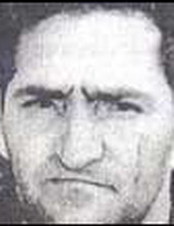
Eric Cooke, the Night Stalker. Cooke was the last man to be hanged in WA. Cooke committed 22 violent crimes, resulting in 8 deaths. His crimes baffled police due to their random nature. Cooke would also steal cars and commit the crimes before returning the stolen vehicles to the owners who were unaware. Cooke is buried in Fremantle Cemetery, his remains placed on top of child killer Martha Rendall (also executed at the prison).
The Hauntings
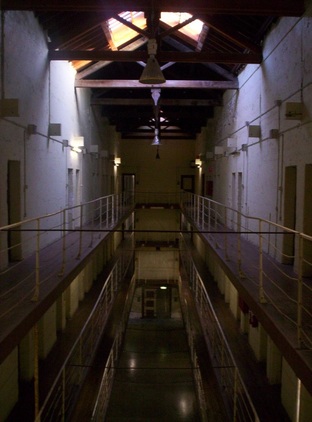
Prisoners, visitors and guards have all reported paranormal phenomena within Fremantles walls. A lot of activity is said to take place around the solitary cells and gallows. Apparitions are seen both day and night, objects have been moved and thrown within the cells by unseen forces and some people feel the almost unbearable sensation of dread and depression while walking the lonely corridors. One of the most disturbing encounters is that experienced by one gentleman as he was walking through section 1 (short terms, remand and juveniles). He was taking photos when he saw a shadow like figure walk out of one of the cells. It stood and turned to face him as it let out a yell/groan. This figure then bolted down a flight of stairs, its form disappearing as it did so. Only two out of thirteen shots of that section turned out, but unfortunately none to suggest the paranormal.

